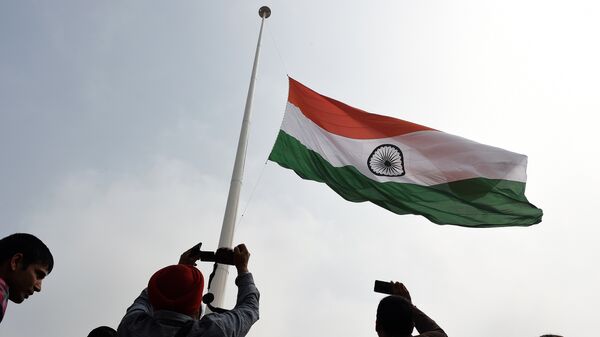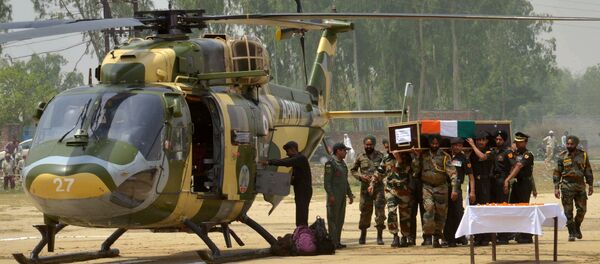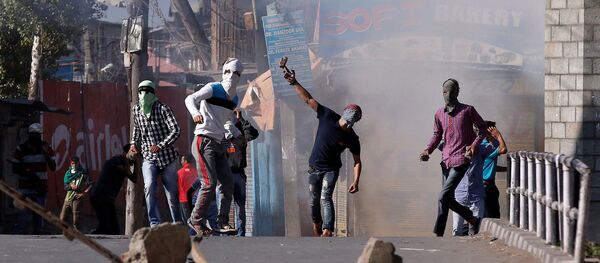In a preliminary hearing at the UN court New Delhi argued that by denying Kulbhushan Sudir Jadhav access to legal assistance and other services from his home country, Pakistan violated the Vienna Convention on Consular Relations.
Islamabad says that the UN court should decline jurisdiction.
A former officer in the Indian Navy, Jadhav was arrested in Baluchistan, a Pakistani province, in March 2016. Baluchistan has been the site of ongoing clashes between militant separatist groups and Pakistani security forces.
Islamabad says Jadhav confessed that India's intelligence service had assigned him to orchestrate and execute sabotage and spy operations in the province, that were "aiming to destabilize and wage war against Pakistan."
The operative received a death sentence in April by the Pakistani military court, and Islamabad says Jadhav’s sentence and conviction are open to appeal. No execution date has been set.
Shortly after his arrest, India’s’ Ministry of External Affairs Vikas Swarup said, "(Kulbhushan Jadhav) has no link with government since his premature retirement from Indian Navy. We have sought consular access to him. India has no interest in interfering in internal matters of any country and firmly believes that a stable and peaceful Pakistan is in the interest of all in the region," according to the Indian Express.
Deepak Mittal, India’s representative at the ICJ, called the case "farcical" and "concocted."
Pakistan’s court agent Mohammad Faisal said that the court "should not exercise any jurisdiction in the case," arguing that access to a consulate is not a protected right under the Vienna treaty and called New Delhi’s challenge "political theater."
Faisal added that in any case, a 2008 treaty signed by Pakistan and India supersedes this. The bilateral agreement reads, "in case of arrest, detention or sentence made on political or security grounds, each side may examine the case on its merit."
On Saturday The Hindu addressed this in an editorial titled "Saving Jadhav," writing, "While Pakistan is free to cite legal and technical points in its favour, it hardly requires iteration that it should avoid any precipitate move that would frustrate the ongoing proceedings before the ICJ. Pakistan’s adherence to international law will be under test."
Designed to resolve conflict between countries, the court’s decisions are final, though there is no concomitant institution to enforce its rulings. The ICJ will set a date for the ruling "as soon as possible."
The court’s decisions are sometimes ignored, such as in 1999 when the ICJ ordered the US not to execute a German national who did not get proper assistance from the consulate. Washington disregarded the ruling and put the man to death.





